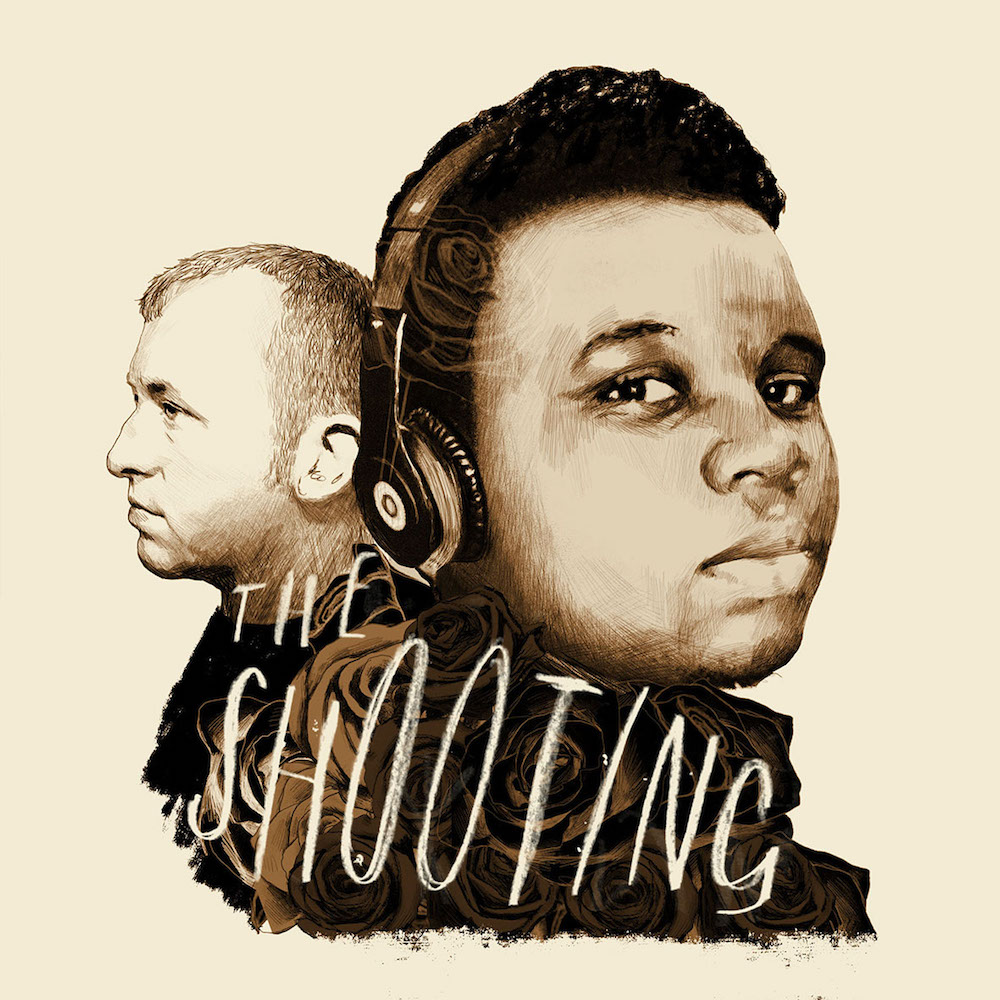The Washington Post - Ferguson: Three Minutes that Changed America
Here you can read online The Washington Post - Ferguson: Three Minutes that Changed America full text of the book (entire story) in english for free. Download pdf and epub, get meaning, cover and reviews about this ebook. year: 2015, publisher: Diversion Books, genre: Detective and thriller. Description of the work, (preface) as well as reviews are available. Best literature library LitArk.com created for fans of good reading and offers a wide selection of genres:
Romance novel
Science fiction
Adventure
Detective
Science
History
Home and family
Prose
Art
Politics
Computer
Non-fiction
Religion
Business
Children
Humor
Choose a favorite category and find really read worthwhile books. Enjoy immersion in the world of imagination, feel the emotions of the characters or learn something new for yourself, make an fascinating discovery.
- Book:Ferguson: Three Minutes that Changed America
- Author:
- Publisher:Diversion Books
- Genre:
- Year:2015
- Rating:3 / 5
- Favourites:Add to favourites
- Your mark:
Ferguson: Three Minutes that Changed America: summary, description and annotation
We offer to read an annotation, description, summary or preface (depends on what the author of the book "Ferguson: Three Minutes that Changed America" wrote himself). If you haven't found the necessary information about the book — write in the comments, we will try to find it.
From the Pulitzer Prize winning Washington Post comes a meticulously detailed, insightful report on the killing that brought the nations attention to a city coming apart at the seams.
12:00PM: Officer Darren Wilson turns his Chevy Tahoe police cruiser left on Canfield Drive.
12:01PM: Wilson orders two young men, Dorian Johnson and Michael Brown, to get out of the street.
12:04PM: Michael Brown lays dying from bullet wounds.
Three minutes in middle America shook a nation to its foundation. To many, it shone a spotlight on the frequently violent, often deadly interactions between young men of color and police departments. It highlighted the racial disparity in policing techniques, in response to crime, and in how race relations are perceived in an America where many incorrectly pride the country on being post-racial.
Renowned journalist Wesley Lowery has pulled together a vast and troubling panorama of reportage on the Ferguson slaying, and the aftermath--the marches, the clashes, and the slow, painful process of building trust between a devastated community and a police department tasked with serving and protecting it.
Challenging and necessary, Ferguson engages America in a frank and necessary dialogue about race relations, about legacies of bigotry that continue to this day, and about a path forward as one nation, equal under the law.
Contributors include: Joel Achenbach, Mark Berman, Lindsey Bever, Jeremy Borden, Amy Brittain, DeNeen L. Brown, Philip Bump, Jessica Contrera, Jahi Chikwendiu, Niraj Chokshi, Robert Costa, Alice Crites, David A. Fahrenthold, Darryl Fears, Marc Fisher, J. Freedom du Lac, Thomas Gibbons-Neff, Chico Harlan, Dana Hedgpeth, Peter Hermann, Scott Higham, Peter Holley, Sari Horwitz, Greg Jaffe, Sarah Kaplan, Kimbriell Kelly, Kimberly Kindy, Sarah Larimer, Carol D. Leonnig, Jerry Markon, Michael E. Miller, David Montgomery, Brian Murphy, David Nakamura, Abby Phillip, Steven Rich, Manuel Roig-Franzia, Robert Samuels, Sandhya Somashekhar, John Sullivan, Julie Tate, Krissah Thompson, Neely Tucker.
The Washington Post: author's other books
Who wrote Ferguson: Three Minutes that Changed America? Find out the surname, the name of the author of the book and a list of all author's works by series.

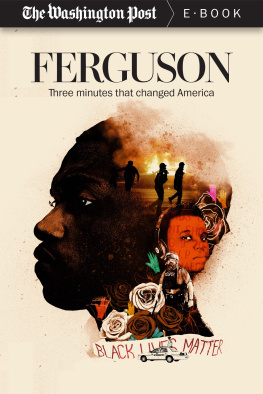
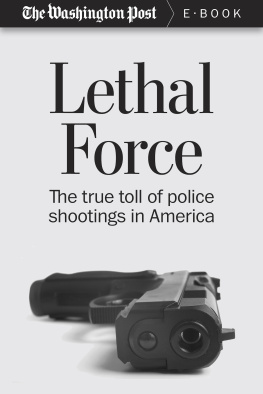


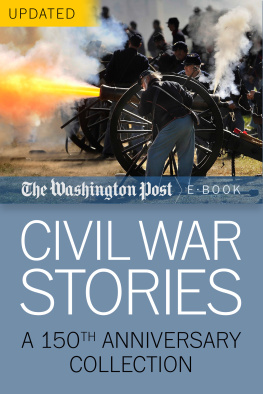
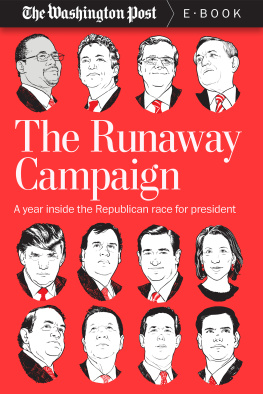


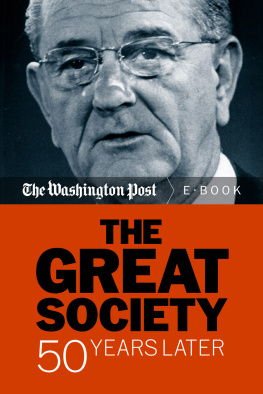
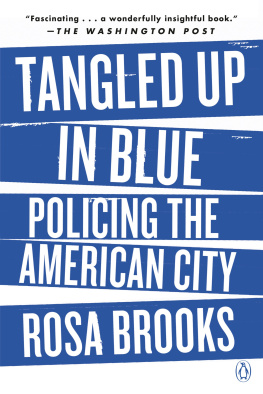
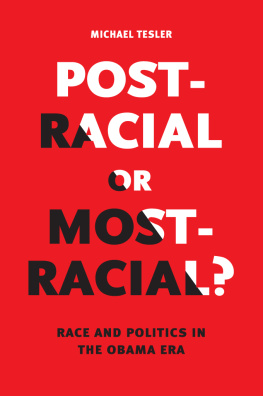
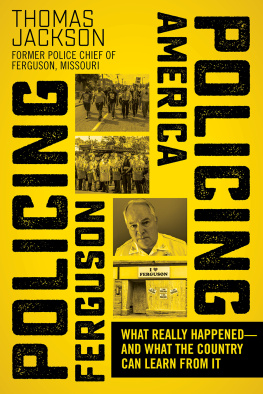

 @DiversionBooks
@DiversionBooks www.Facebook.com/DiversionBooks
www.Facebook.com/DiversionBooks Diversion Books eNewsletter
Diversion Books eNewsletter